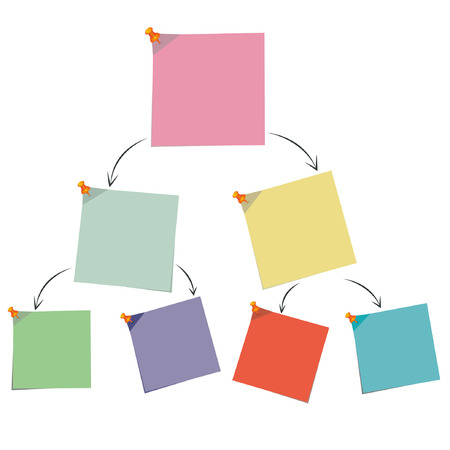
I’ve always loved trying to understand things — investigating ideas and concepts to make sense of them, seeking clearer ways to view them. I was delighted, therefore, when I discovered that there’s a kind of editing rooted in exactly that pursuit: developmental editing.
The name describes it well: you’re helping the author develop a manuscript from scratch (at least, for non-fiction projects), or from a very early form of a manuscript. There’s so much opportunity at this point. The author has a wealth of knowledge but hasn’t yet decided how to convey it — in fact, may not even have settled on what exactly to convey. You as the developmental editor can play a part in that wonderfully creative endeavour of translating an idea into a lucid and compelling text.
How does a developmental editor work?
Not all developmental editors will have the same approach, but for me the practice centres on discussions with the author. I want to understand the author’s topic, and usually I start at the top and work down:
- What’s the topic broadly about?
- What are the main concepts, and how do they relate to each other?
- What would someone need to know to understand the main concepts?
- What sub-concepts emerge in understanding the main concepts?
And so on. These aren’t literally the questions I ask, but I guide the discussion so that the answers to these questions naturally spring up.
As I delve into the author’s knowledge, I summarize out loud what I’m hearing — saying it how I understand it. That way, the author can correct me if I’ve got something wrong.
Through this process, we gradually arrive at a distilled version of what the author wishes to communicate: the bare essentials with all the right connections between them. From this vantage point, we’re in a strong position to create an outline of a draft.
Progressing layer by layer: chapters and sections
Of course, it doesn’t end with a manuscript outline. The author still has to flesh out the parts, such as chapters and sections. Happily, the same process that got us an outline for the manuscript as a whole works for individual chapters as well — and an outline of a chapter brings the author much closer to being able to write that chapter. So, developmental editing continues down through the layers of the manuscript, for as long as the author needs the help!
Subject-matter expertise
Do you need to be a subject-matter expert to do developmental editing? That depends on the audience. It’s a good idea to be about as expert in the subject as the intended reader. If the text is meant for a general audience, you’ll be fine. But if the author is writing for academic peers, remember that you’re going to have to understand the subject at various levels, from a high level down, so consider your degree of comfort with it.
Whatever project you take on, though, be inquisitive and you’ll have a blast!
~~~
Previous post from Paul Buckingham: Stepping Into the Arena.
The Editors’ Weekly is the official blog of Editors Canada. Contact us.
Discover more from The Editors' Weekly
Subscribe to get the latest posts sent to your email.
